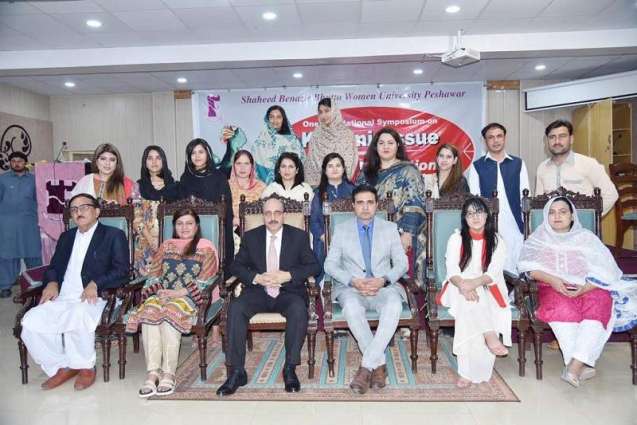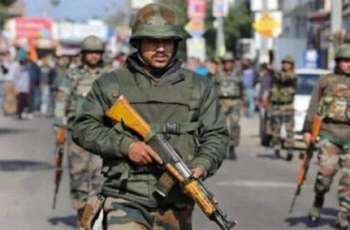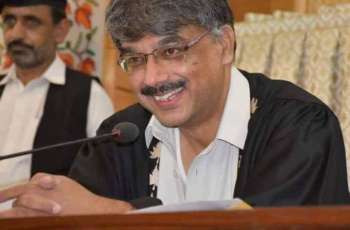Sardar Masood Khan, Azad Jammu and Kashmir (AJK) President, has said Kashmir issue has come into international limelight after the strategically ill-advised and reckless Indian misadventure against Pakistan last month
Peshawar (Pakistan Point News - 29th March, 2019) Sardar Masood Khan, Azad Jammu and Kashmir (AJK) President, has said Kashmir issue has come into international limelight after the strategically ill-advised and reckless Indian misadventure against Pakistan last month. “The post-Pulwama developments particularly after the abortive self-assumed ‘surgical strike’ and the befitting response given by Pakistan has internationalized the Kashmir issue,” President Masood said while addressing at a One Day National Symposium on Kashmir Issue organized by Shaheed Benazir Bhutto Women University (SBBWU) in Peshawar.
The symposium was also addressed by Vice Chancellor SBBWU, Professor Dr Razia Sultana, Pro- Vice-Chancellor Islamia College University, Dr Noshad Khan, Director Chinese Studies of Peshawar University, Dr Zahid Anwar, Prominent Journalist and Resident Editor The News, Rahimullah Yousafzai and other speakers. AJK President said in the wake of recent India-Pakistan tensions the international community’s concern was that the two countries should not go to war because it could easily escalate to the nuclear ladder unleashing a nuclear winter in the region and posing a serious threat to the global peace and security.
The war between India and Pakistan could bring upon unimaginable consequences as the two South Asian neighbours possess high-tech nuclear arms and maintain a certain level of military equilibrium, President Masood said. He, however, added that there is no possibility of a conventional war between the two countries because conventional exchanges can easily spiral into a nuclear war. He said that by responding to the recent Indian aggression, Pakistan has given an unambiguous message to India that Pakistan has adequate capability to give India a very proportionate and befitting response.
Pakistan, he said, does not want war because of its commitment to peace and security of the region and also because that Pakistan wants to keep its focus on economic development and welfare of its people. Describing Kashmir as the root cause of tensions between India and Pakistan, Khan said that the core dispute is the denial of the right to self-determination of the people of Jammu and Kashmir. The people of Indian Occupied Jammu and Kashmir are facing persecution and oppression.
Kashmiri women are being openly harassed as Indian forces continue to use sexual violence as an instrument of war, he said. He said that every day Kashmiri youth are being gunned down, insulted, attacked, arrested and tortured in dedicated torture cells; and this has been happening incessantly for the past 71 years. But now, he said, a part of the world community has started raising its voice on flagrant violation of human rights in Kashmir, which is amply evident from the report compiled by UN Human Rights Commission and another report released by All-Party Parliamentary Kashmir Group of the British Parliament and lately, the European Parliament held a hearing on the report of the Office of Human Rights.
Directly addressing the students, he urged them to devote their time and energies for the promotion of Kashmir cause and raise their voice for the oppressed and subjugated people of Indian occupied Kashmir (IoK). He said that in this era of communication it is essential to reach out to the global community and inform them of the atrocities faced by the Kashmiris.




